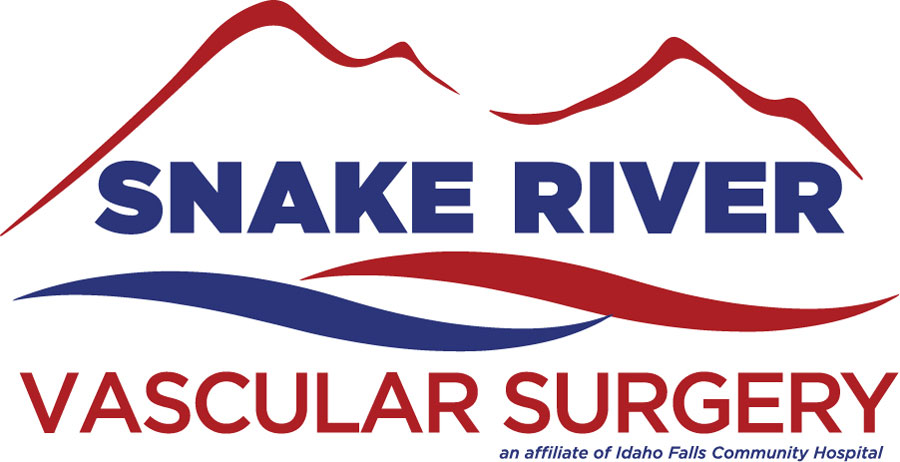September is Vascular Awareness Month raising concerns about Peripheral Arterial Disease (PAD). Peripheral meaning in the extremities, the legs being the most common. Arterial means blood flow to the extremities carrying oxygen and nutrients. A disease is something most times we can prevent. It is important to understand how this affects you and your family.
Venous Disease is part of Vascular Disease. Learn More.
Some Not-So-Fun Facts
It is estimated that 8.5 million Americans have PAD.
Studies have shown that persons with PAD have a 2-3 times risk of death and a 5-6 times higher risk of death from coronary heart disease.
Up to 11% of persons with no symptoms of PAD will progress to symptomatic PAD over 5 years.
About 20% of persons with PAD symptoms will have some major cardiovascular event with 10-15% mortality.
SIGNS of PAD
Many can have PAD without having symptoms.
Leg pain with walking, often called Claudication.
Loss of hair on the lower legs.
Thickening of toenails. This may be a fungus but can also be seen with PAD
Open sores that do not heal in the expected time.
RISKS for PAD
Other cardiovascular diseases include heart disease or stroke.
Smoking
Diabetes
Obesity
Hypertension
High cholesterol
You Can Prevent PAD
Start with these to prevent PAD and reduce the Risk Factors.
Stay mobile
One of the biggest risks of worsening systemic arterial disease is a sedentary lifestyle.
Start walking outside of your house daily.
Diet
Do Not Eat added Sugar, Do not eat processed grains, and stop using seed oils for cooking.
Stop taking vitamins and start looking for foods naturally with vitamins to add to your diet.
No prepackaged processed food.
STOP SMOKING!
Does Screening Help?
ABSOLUTELY. Especially if you have arterial disease risk factors. Screening for carotid artery disease to reduce your risk of stroke and a leg ultrasound (Ankle Brachial Index) to check for PAD and risk for coronary heart disease, can be done with minimal time out of your busy day.
If you or a family member has trouble walking with leg pain, skin changes on lower legs, open sores that are not healing, or any of the PAD risk factors, contact Snake River Vascular Surgery for a screening or consultation today.
